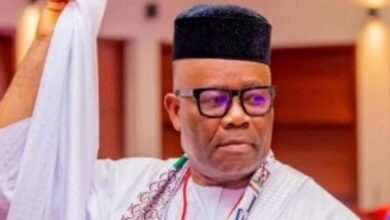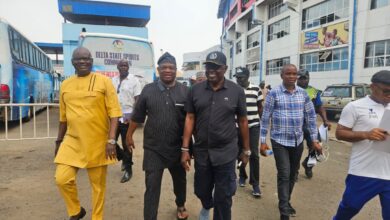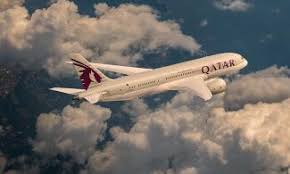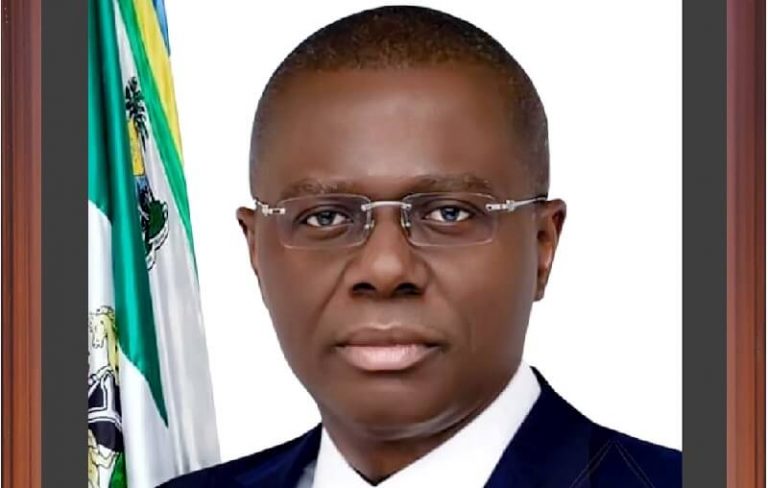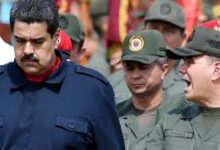Nigeria rejects 2021 World Press Freedom Index, says Nigerian press among world’s freest
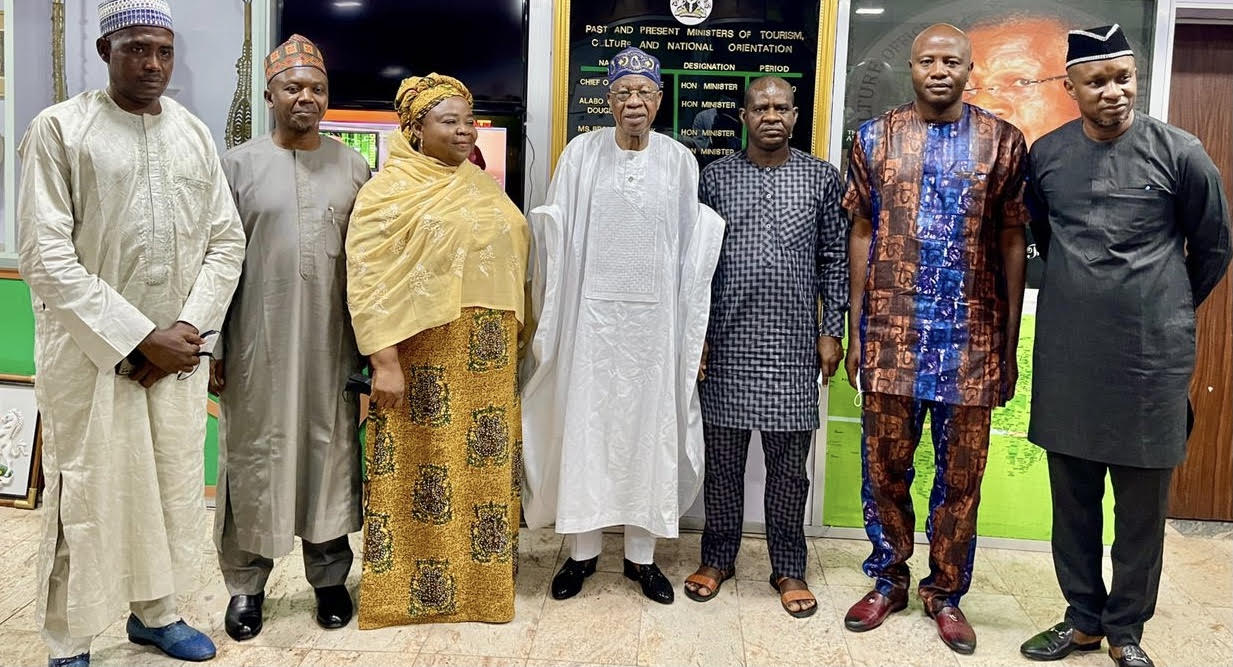
*As Minister enjoins media to stick to constitutional watchdog role, not role as political opposition
By KEMI KASUMU
As many observers of unfolding events in the world currently, especially with regard to what they call the gagging of the press by West especially United States of America demanding that what comes out in the news from the war must be as it sees it, questions are being asked how Nigeria is singled out for rating as low in the World Press Freedom Index report of 2021 while leaving out the West.
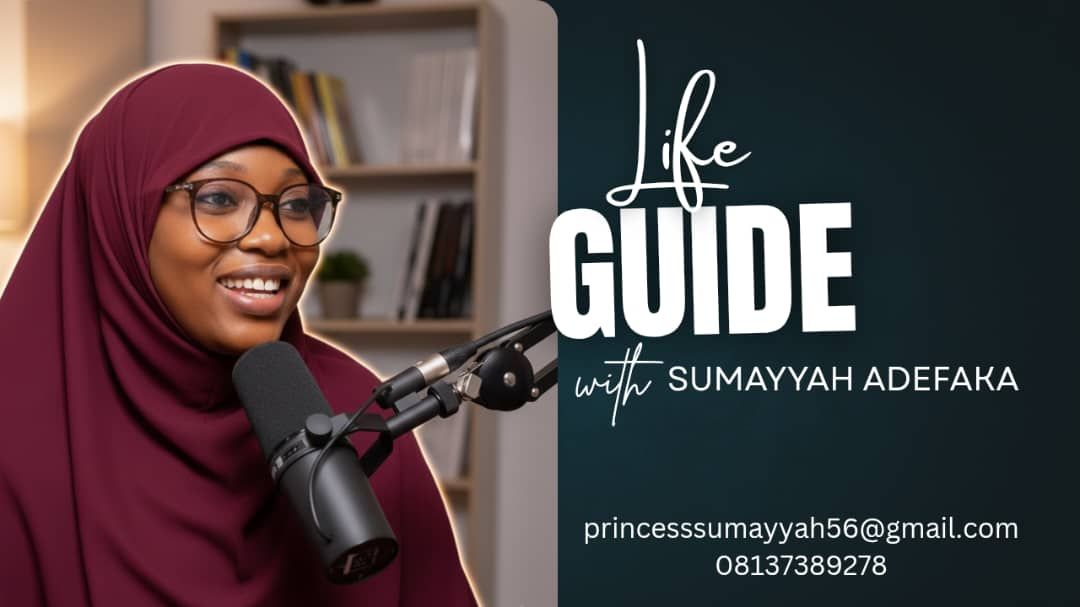
In Nigeria, the Minister of Information and Culture, Alhaji Lai Mohammed, while receiving the executive members of the Nigerian Chapter of International Press Institute, IPI, on a courtesy visit to his office on Tuesday, rejected the report insisting that the Nigerian press remained among the most vibrant and freest in the world.
On the other hand, among people asked to respond to the report and who agreed with the Nigerian government on position against the report was a source that told The DEFENDER that, “You cannot appropriately call a government or country that watches Punch Newspaper Journalists insult the President and Commander-in-Chief of the Federal Republic all the times as one that is unsafe for journalism. It is unfair for you to say so.
“Forget about how Punch, I am being specific, said pointedly to the face of the President that he is a dictator and that it will never address him as ‘President Muhammadu Buhari’ but as Major General Muhammadu Buhari (Rtd), forget about that, although it is an insult that the President and his government officers let go unmindful of, what about the twisting, slanting and deliberate reportage to misinform in a way that one would naturally believe it intends to incite and instigate the public against the government that that newspaper does.
“Upon all these disrespect for the country and the government head going and other such things that the newspaper does to the extent that many some Muslim organisations had to stand sometimes in the past to say its journalism is programmed to wage war against Islam and Northern Nigeria, a kind of media attitude that can cause religious war in the country and the government did not sanction it doing that, you still have a place in your heart to agree with a so called World Press Freedom Index of the same West that thinks no good for Nigeria to believe that Nigeria, under this government, is not conducive to the practice of journalism? I don’t stand with you on this, although I have always stand with you on things you publish but not this,” he told The DEFENDER.
In his remarks, the President of IPI Nigeria, Mr. Mojeed who led the executive members on the visit, said the visit was part of a series of engagements with governmental and non-governmental organizations to enhance independent journalism and operating environment for journalists and media organizations in Nigeria, even as he cited the World Press Freedom Index as an example of the country’s low rating in the area of press freedom.
But the minister, responding, refused to agree as he rejected the 2021 annual World Press
Freedom Index being referred to by the IPI’s president saying it is not true that Nigeria is not conducive to
the practice of journalism and insisted that, in fact, Nigerian press remains among the most vibrant and freest in the world.
“I disagree with your assessment of press freedom under this government. Honestly, at times when I read what the media write here about Nigeria, I begin to wonder whether I live in the same country that they are writing about.
“I disagree vehemently with the assessment because it is unfounded and has no scientific basis. I have been the Minister (of Information and Culture) since 2015 so I know the state of press freedom in Nigeria,” the Minister said.
He clarified that some people have misconstrued government’s efforts to ensure a responsible use of social media as an attempt to tamper with press freedom or threaten independent journalism, emphasizing that the government does not harbor such intentions.
Alhaji Mohammed reiterated that the present government is not a threat to the media, and that it is not about to stifle press freedom or deny anyone his or her constitutionally-guaranteed rights.
“After all, this must be one of the very few countries in the world where a section of the media can refuse to recognize popular sovereignty, or how does one describe a situation in which a President who was duly elected by millions of Nigeria is willfully stripped of that title, President, and then cheekily cloaked in the garb of a dictator by playing up his military title? Despite that abuse of press freedom, those doing that have continued to practice their profession
without hindrance.
“Ours must also be one of the few countries in the world where a reputable medium will report fake news and, when called out, will not retract or apologize,” he said.
The Minister enjoined the media to always stick to their constitutional watchdog role, and not to constitute themselves into a political opposition.
He also charged IPI Nigeria to take seriously the issues of ethics, credibility and fake news, among others, in relation to the practice of journalism in the country.
”For example, on the issue of ethics, is it part of the ethics of journalism for a media organization to function like an opposition party, seeing nothing good in the government of the day and only reporting bad news?” Alhaji Mohammed queried.
He called for a sustained engagement between the government and the IPI in order to share views on how to enhance the practice of journalism in the country.


